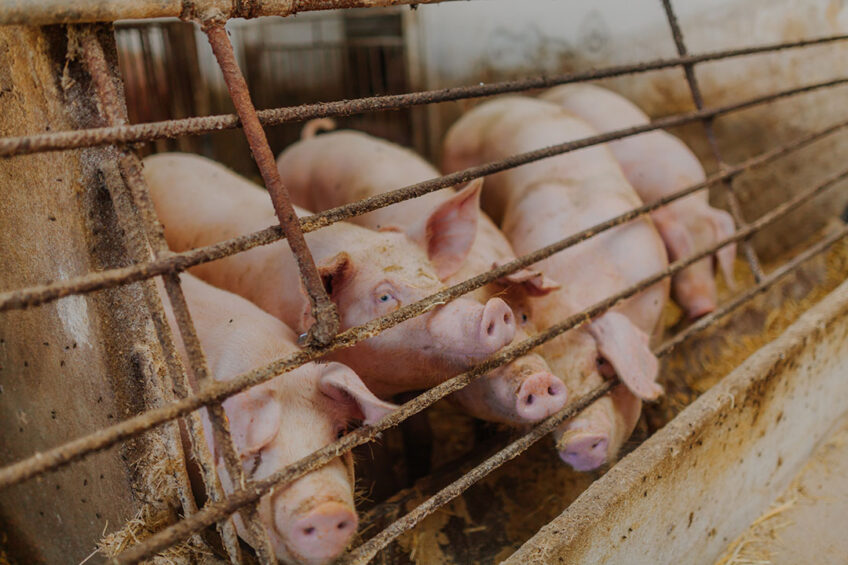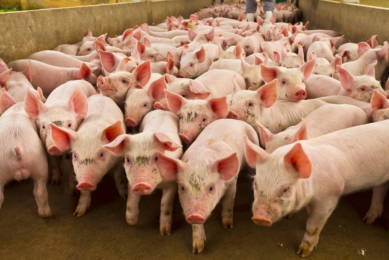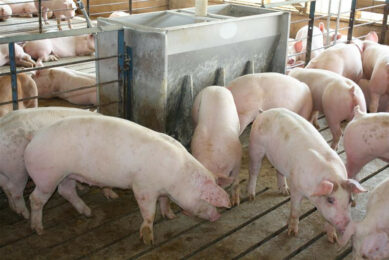USDA pork update: production, exports and global market analysis

The US Department of Agriculture (USDA) has recently released an update with projections for the US and world production and exports of pork.
In the report “Livestock and Poultry: World Markets and Trade” published mid-October, USDA analysts state that world pork production in 2024 is expected to “remain virtually unchanged at 115.5 million tonnes.” Lower production in the EU and China will be offset by a little higher production in Brazil, Vietnam and the US.
Specifically, US production is forecast to be 2% higher in 2024 compared to 2023. This is due to a strong increase in pigs produced per litter. Falling feed costs also play a role, which makes pork prices more competitive compared to other meats.
US pork exports are forecast to increase 3% in 2024 “on strong demand from Canada, the Philippines and South Korea as well as gaining market share from the EU in China and Australia.”
Looking at total global pork exports, shipments are forecast to increase 2% to 10.4 million tonnes in 2024 as Brazil exports continue to gain market share from EU and US pork products, particularly in the markets of Japan and Mexico.
EU analysis
The USDA projects that in 2024, EU pork exports “are expected to decline 25% compared to 2019. They account for 15% of production, down from 19% in 2019. In addition to growing regulatory burdens, EU swine producers continue to face challenges controlling the impact of African Swine Fever. The USDA analysts add that “EU veterinary medicine regulations as well as forthcoming animal welfare legislation have created uncertainty for producers, disincentivised investment and increased production costs.”
Brazil and Vietnam to grow
The USDA expects pork production in Brazil to increase by 5% in 2024 as hog prices reflect growth in a number of Brazil’s existing export markets: Mexico, Singapore and the Dominican Republic. Also, input costs in Brazil are expected to decline, leading to improved producer margins.
In Vietnam, pork production will likely also increase by 5% due to increased domestic demand. This is a result of economic recovery following the pandemic. There are also efficiency gains expected “from industry investment and consolidation.”
China stays steady
Pork production in China will decrease by 1% with weak domestic demand throughout most of 2023. This may be due to China’s recent economic downturn, making pork an expense some families can afford less often. However, press agency Reuters reported on October 18 that “China’s economy grew at a faster-than-expected clip in the third quarter. Consumption and industrial activity in September also surprised on the upside, suggesting the recent flurry of policy measures is helping to bolster a tentative recovery.”











